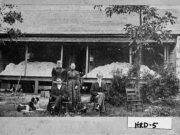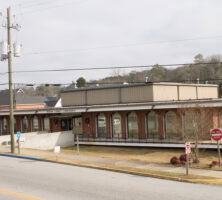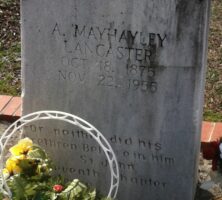Heard County, in west central Georgia on the border with Alabama, is the state’s seventy-seventh county. Created in 1830 from 301 square miles of Carroll, Coweta, and Troup counties, it was named for Stephen Heard, an influential patriot of the American Revolution (1775-83), a planter, and a governor of Georgia from 1780 to 1781.
The land now encompassed by Heard County was originally held by Creek Indians, who lost it at the Treaty of Indian Springs in 1825. The first white inhabitants arrived soon after the signing of the treaty and acquired most of their property by state-run land lotteries. Most of the new settlers came from other parts of Georgia in the search for better land.
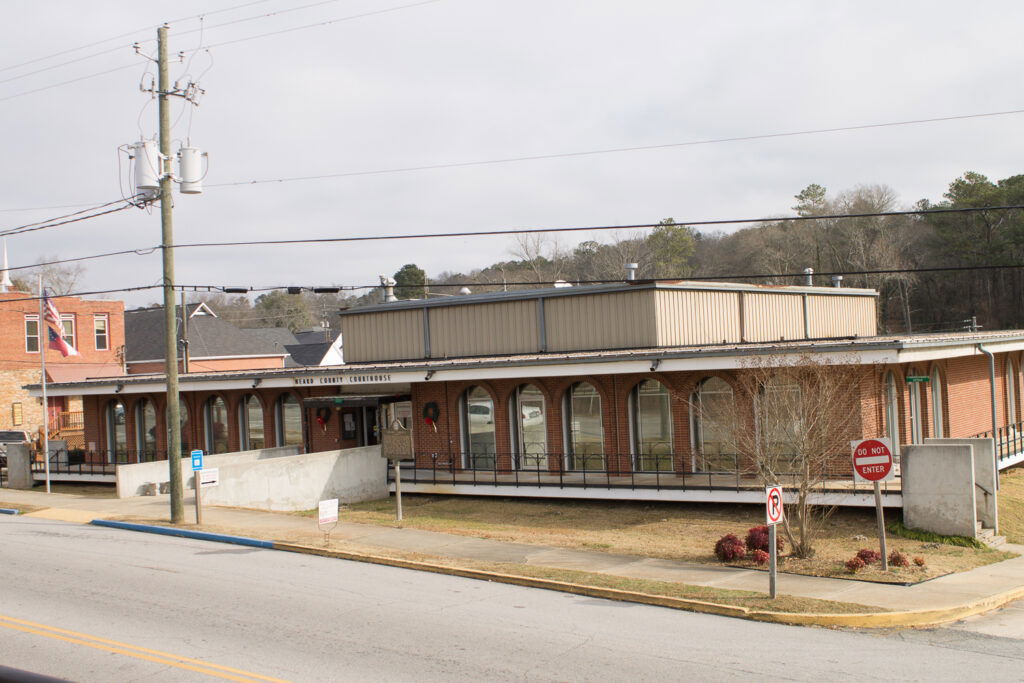
The county seat, Franklin, named in honor of Benjamin Franklin, was an established village by 1770 but not incorporated until 1831. The first courthouse burned down in 1893 and was replaced the following year. The second courthouse was, in turn, replaced in 1964 by the building currently in service.
The Heard County Historical Society, organized in 1979, maintains a museum and archive of historical records in the “Old Jail” building in Franklin. Other incorporated communities in the county are Centralhatchee (incorporated in 1903) and Ephesus (incorporated in 1964).
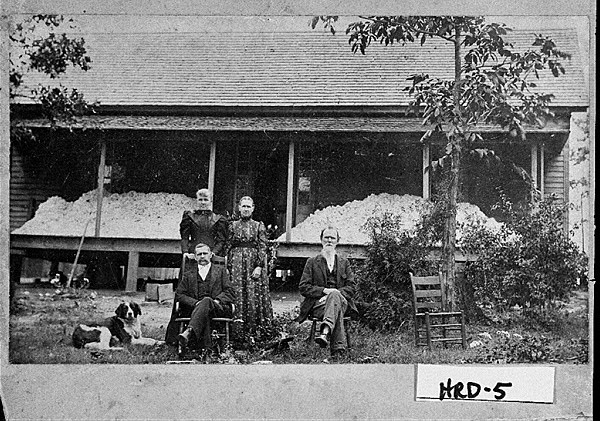
Rocky soil prevented the county’s farmers from developing large-scale operations; they were required instead to engage primarily in subsistence farming during the early days of the county’s history. Eventually able to grow cotton as well, county residents entered a period of relative prosperity after the Civil War (1861-65) until a drop in the cotton market, damage wrought by the boll weevil, and the Great Depression forced many farmers to leave. The remaining inhabitants discovered that devoting much of their land to forestry was profitable, and today a large proportion of the county’s acreage is reserved for the lumber industry. A few farmers raise some beef cattle and poultry for market, and a number of residents are employed by factories.
A satellite campus of West Georgia Technical College is located in Heard County.
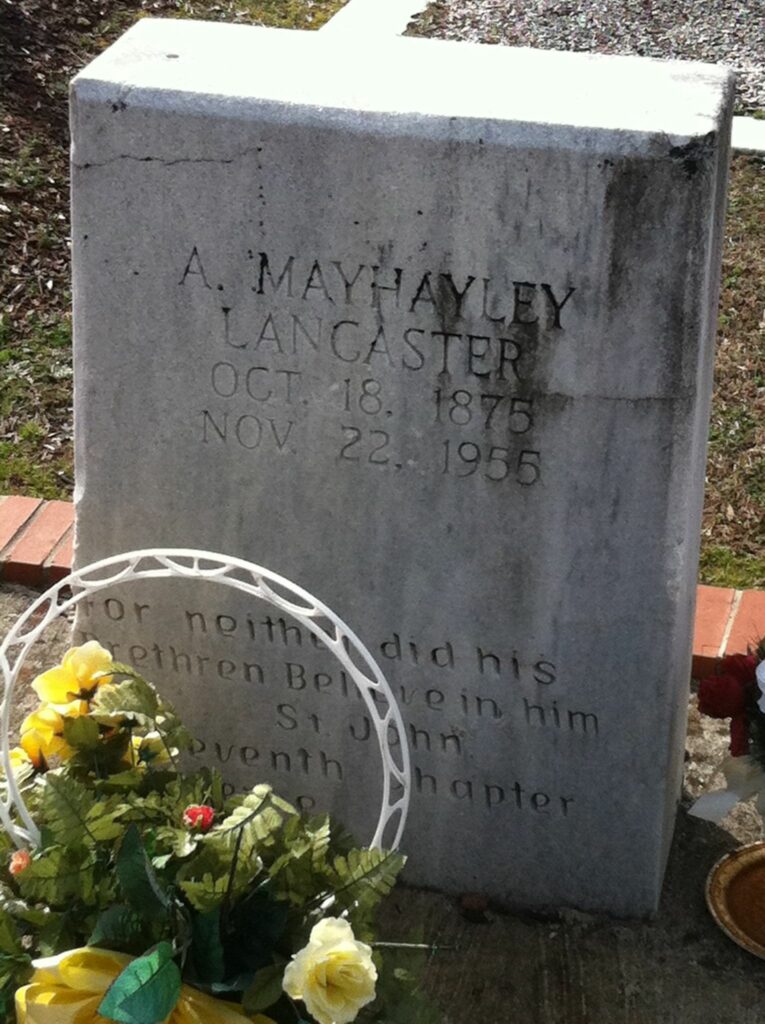
Notable residents of the county include Mayhayley Lancaster, a fortune-teller, lawyer, political activist, schoolteacher, and self-proclaimed “oracle of the ages,” who became a west Georgia legend in the first half of the twentieth century; and Dot Moore, coauthor of Oracle of the Ages: Reflections on the Curious Life of Fortune Teller Mayhayley Lancaster (2001). Moore’s book was awarded the 2002 Lilla M. Hawes Award, which is given by the Georgia Historical Society to “the book judged the most worthy contribution to Georgia county or local history published during the previous year.”
According to the 2020 U.S. census, the population of Heard County is 11,412.


